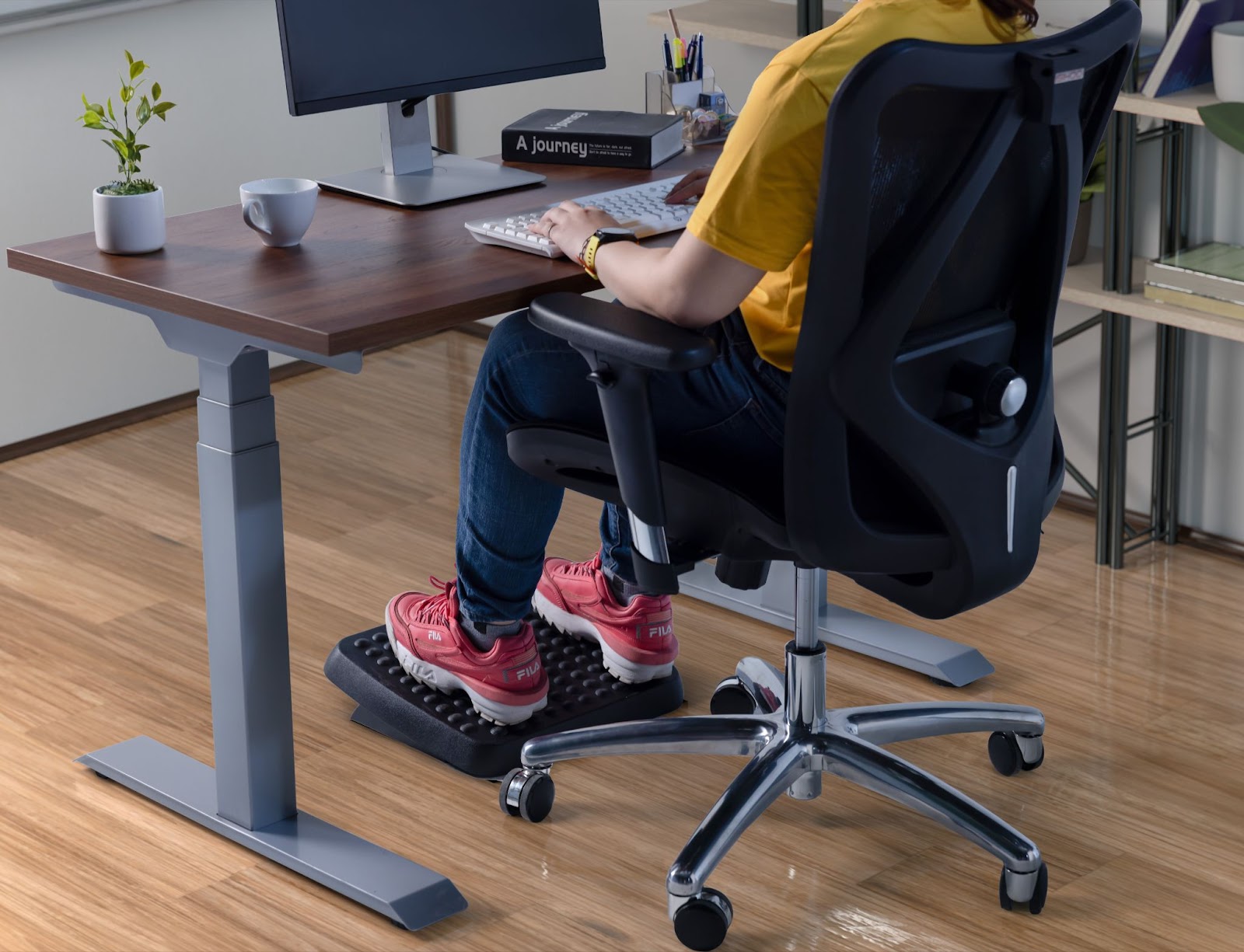These days, it’s hard not to get overwhelmed by social activities, work pressure, the pandemic, and other commitments. Stress is part of human beings, and it can help motivate someone to get things done. If stress gets too much for too long it can cause serious health problems such as depression, anxiety, or physical health problems. Learning how to manage your stress takes practice and time. Here are fours strategies to relieve stress from your daily life.
Strategies
1) Guide Imagery
Guided Imagery is like taking a short vacation in your mind. It can involve imagining yourself being in your happy place, maybe picturing yourself sitting on a beach, listening to the waves, smelling the ocean, and feeling the warm sand underneath you. If you focus your attention on pleasant scenarios, your mind and body tend to relax. By calming your mind and body, you may be better able to cope with mental, emotional, and physical stress.
2) Create a mantra
The word mantra can be broken down into two parts: “man,” which means mind, and “tra,” which means transport or vehicle. In other words, a mantra can be words or sounds which you can use to travel to a deeper state of mind and help you focus. People get comfort and safety out of a mantra. Create a saying such as “I can handle this!” and mentally repeat it in tough situations.

3) Slow down
Thoughts about yesterday, tomorrow, next week, or even next year are the most triggers for stress. Light a candle, make yourself comfortable and see if you can find a place to meditate or flow in yoga practice. Yoga or meditation primarily does increase body and breath awareness to return to your body and mind. So, the goal is to be in the present, today, and now. This is a way to slow down and reduce the stress on your body. “You should sit in mediation for 20 minutes a day unless you are too busy; then you sit for an hour” Dalai Lama.
4) The Four A’s
There are situations where some stressors arise at predictable times: meeting your boss, a big presentation, or a wedding speech. When handling predictable stressors, you can either change the situation or have a look at your reaction. In a stressful situation, it is useful to remember the four A’s: Avoid unnecessary stress, Alter the situation, adapt to the stressor, and accept the things you cannot change.
Avoid: you may be surprised by the number of stressors in your life that you can eliminate. Know your limits and stick to them, learn to say no, and avoid people who cause you stress.
Alter: if you can’t avoid a stressful situation, alter the situation. Try to communicate about your feelings instead of bottling them up and remember to use the I statements.
Adapt: when you can’t change the stressors, change yourself to adapt to the stressful situation. Try to look at the bigger picture and reframe your problems, from a positive perspective.
Furthermore, accept: some stress is unavoidable and tries not to control the uncontrollable. In such cases, the best way to cope with stress is to accept things as they are.
How can Fit for Work help?
To learn more about setting up or managing an ergonomics program that supports staff working from home or in the office or support with staying legally compliant, you can reach out to Fit for Work. For more information on our Ergonomics Self-Assessment and Education Tool, contact us.



